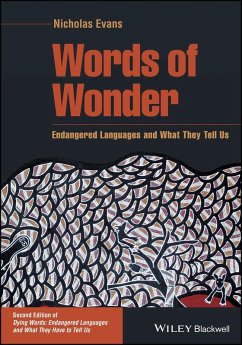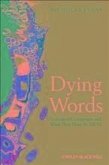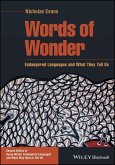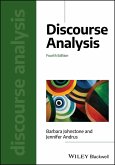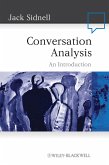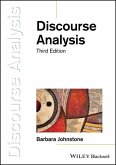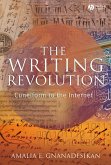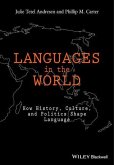A gripping and moving text which explores the wealth of human language diversity, how deeply it matters, and how we can best turn the tide of language endangerment In the new, thoroughly revised second edition of Words of Wonder: Endangered Languages and What They Tell Us, Second Edition (formerly called Dying Words: Endangered Languages and What They Have to Tell Us), renowned scholar Nicholas Evans delivers an accessible and incisive text covering the impact of mass language endangerment. The distinguished author explores issues surrounding the preservation of indigenous languages, including the best and most effective ways to respond to the challenge of recording and documenting fragile oral traditions while they're still with us. This latest edition offers an entirely new chapter on new developments in language revitalisation, including the impact of technology on language archiving, the use of social media, and autodocumentation by speakers. It also includes a number of new sections on how recent developments in language documentation give us a fuller picture of human linguistic diversity. Seeking to answer the question of why widespread linguistic diversity exists in the first place, the book weaves in portraits of individual "last speakers" and anecdotes about linguists and their discoveries. It provides access to a companion website with sound files and embedded video clips of various languages mentioned in the text. It also offers: * A thorough introduction to the astonishing diversity of the world's languages * Comprehensive exploration of how the study of living languages can help us understand deep human history, including the decipherment of unknown texts in ancient languages * Discussions of the intertwining of language, culture and thought, including both fieldwork and experimental studies * An introduction to the dazzling beauty and variety of oral literature across a range of endangered languages * In-depth examinations of the transformative effect of new technology on language documentation and revitalisation Perfect for undergraduate and graduate students studying language endangerment and preservation and for any reader who wants to discover what the full diversity of the world's languages has to teach us, Words of Wonder: Endangered Languages and What They Tell Us, Second Edition, will earn a place in the libraries of linguistics, anthropology, and sociology scholars with a professional or personal interest in endangered languages and in the full wealth of the world's languages.
Dieser Download kann aus rechtlichen Gründen nur mit Rechnungsadresse in A, B, BG, CY, CZ, D, DK, EW, E, FIN, F, GR, HR, H, IRL, I, LT, L, LR, M, NL, PL, P, R, S, SLO, SK ausgeliefert werden.

